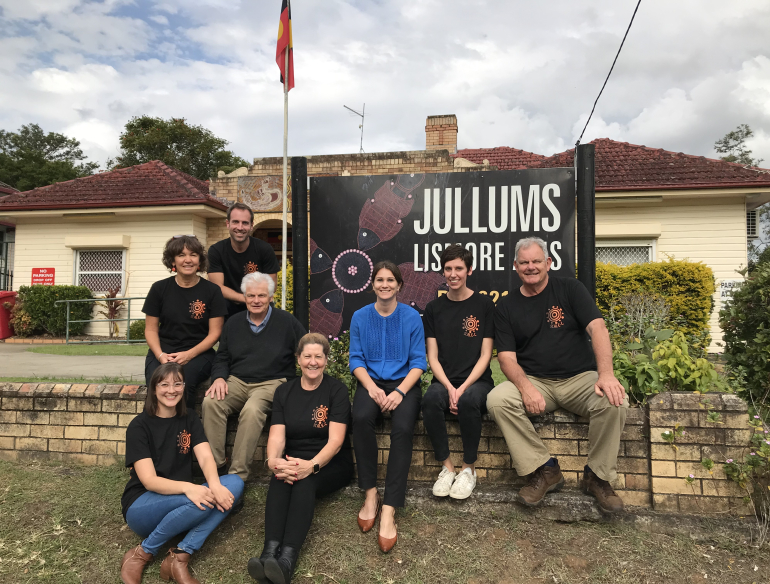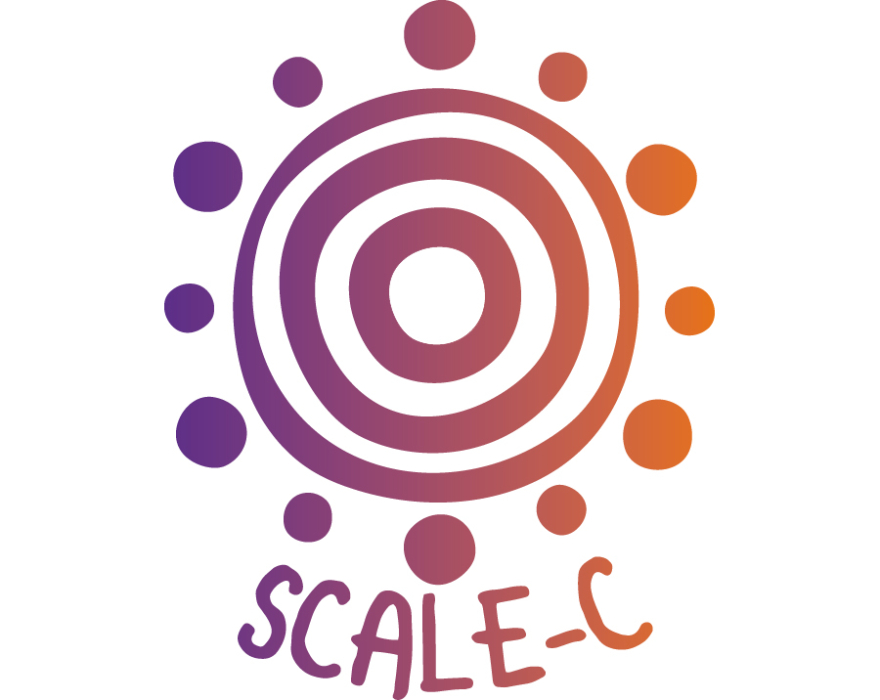Hepatitis C virus (HCV) infection disproportionately impacts marginalised populations, including Aboriginal and Torres Strait Islander peoples. Oral direct-acting antiviral (DAA) treatments have revolutionised the management of HCV infection and given rise to optimism about the potential for HCV elimination in Australia. Broad DAA access provides the opportunity to scale-up HCV treatment for Aboriginal and Torres Strait Islander peoples and affords unique opportunities to implement treatment programs in community settings. An effective HCV elimination strategy requires enhanced diagnosis (to identify all people living with HCV), linkage to care and broad access to DAA therapy, alongside other harm reduction strategies.
Strategies for hepatitis C testing and treatment in Aboriginal communities that Lead to Elimination (The SCALE-C Study) will evaluate the impact of a community-based “test and treat” intervention on HCV prevalence among individuals who attend Aboriginal Community Controlled Health Services and other Aboriginal medical services. SCALE-C study also will evaluate DAA treatment uptake among people with HCV infection, response to DAA therapy among people initiating treatment for HCV infection, and DAA treatment completion and adherence among people commencing therapy.
This study is an interventional cohort study and will recruit individuals with or at risk of HCV infection from Aboriginal health services. Participants will be screened for HCV infection using point-of-care testing (anti-HCV antibody and/or HCV RNA). Participants diagnosed with HCV will also be screened with point-of-care tests for HIV and HBV. Participants with HCV will receive eight weeks of glecaprevir-pibrentasvir or 12 weeks of sofosbuvir-velpatasvir.
The burden of disease attributed to HCV among Aboriginal and Torres Strait Islander peoples is growing, with a significant increase in the rate of new HCV diagnoses. To achieve elimination, equitable HCV testing and treatment access must be assured.
This study hopes to improve hepatitis C testing, linkage to care, and treatment for Aboriginal and Torres Strait Islander peoples in regional Australia, with a novel “test and treat” model using point-of-care testing, embedded in Aboriginal Community Controlled Health Services and other Aboriginal medical services.
South Australian Health and Medical Research Institute (SAHMRI); University of Queensland (UQ).
National Health and Medical Research Council (NHMRC) Project Grant.



